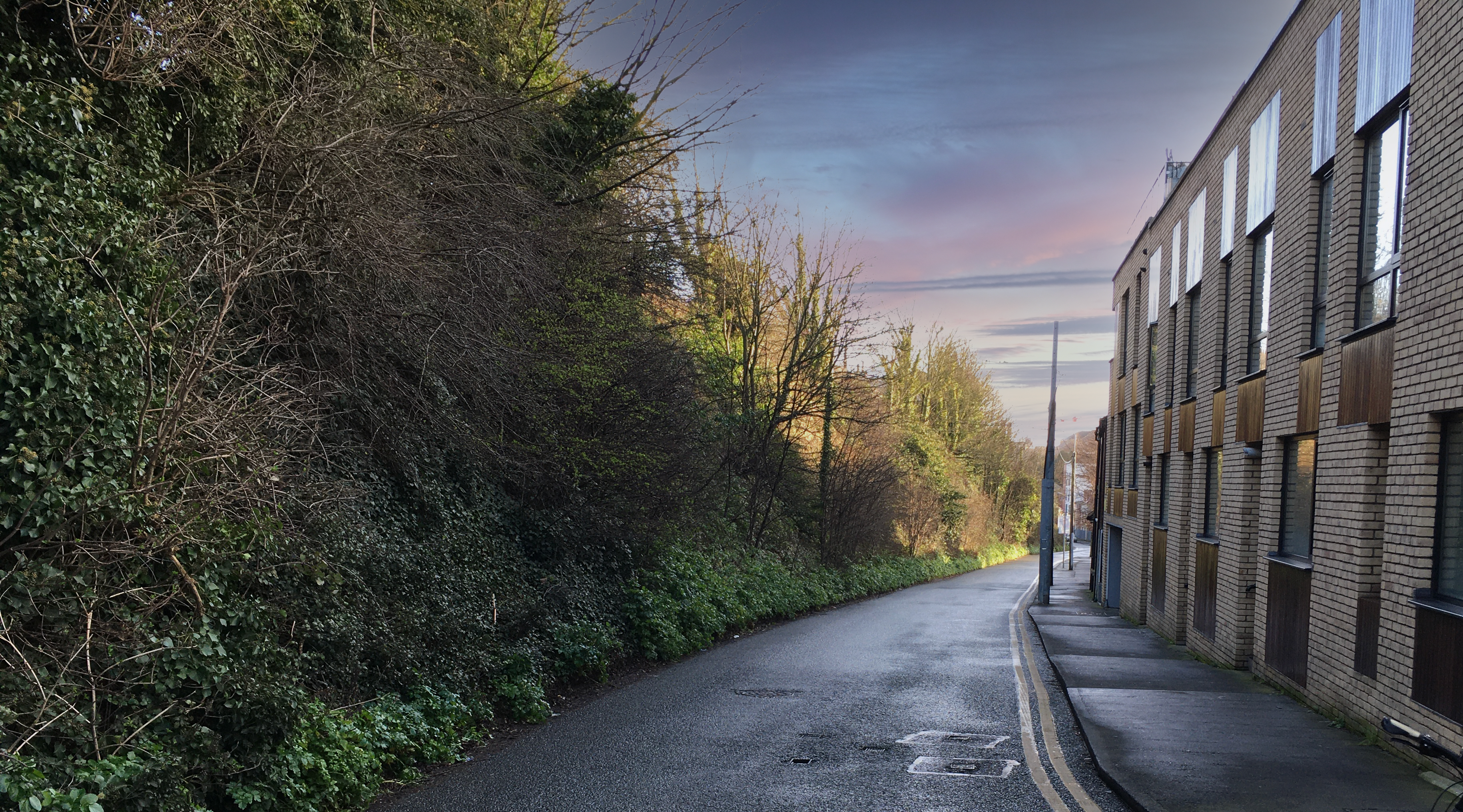Marcus Collier
Novel ecosystems are wild places that owe their existence to human agency, accidental or deliberate, and contain plants and animals that are not normally found together. They account for a large proportion of the Earth’s ecosystems and almost certainly include all ecosystems to be found in cities.
The term ‘novel ecosystem’ is derived from discussions and debates by ecologists working in the field of ecosystem restoration and often refers to those ecosystems that cannot be restored to a form and composition that is historically faithful. While it may be technically possible to restore many ecosystems, with the continued human impact on the planet, it is felt that some are unlikely to be restored to be a faithful replica of those of the past. So, in the words of Bob Dylan: “you can always go back, but you can never go back all the way”!
Novel ecosystem theory has caused a lot of heated discussion in the ecological disciplines, and while the debate rages, this project, NovelEco, will seek to understand the possible values of these wild spaces for humans; their societal values. While the debate on novel ecosystems can be interesting ecologically, I feel that novel ecosystems, especially in cities, are much more interesting and enlightening sociologically. This is because, with the vast majority of humans becoming urbanized by 2050, and with many of them projected to be below the poverty line, it is highly likely that an urban novel ecosystem is the first wild space that people will experience, and some may never experience the wilderness as we know it today.
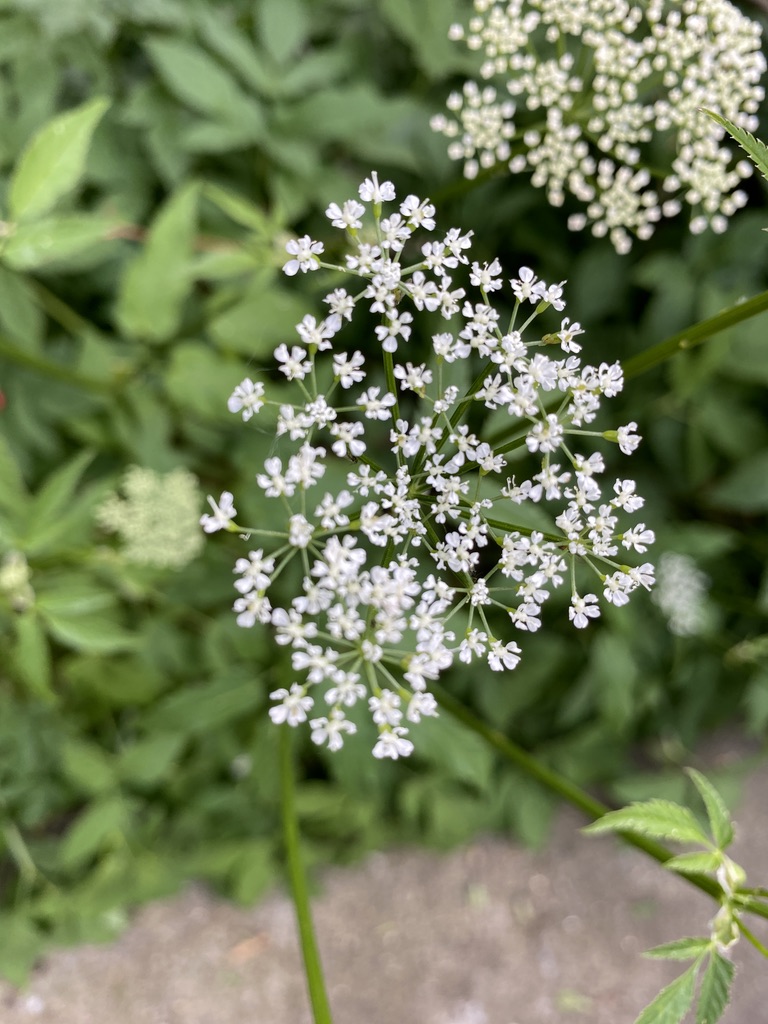
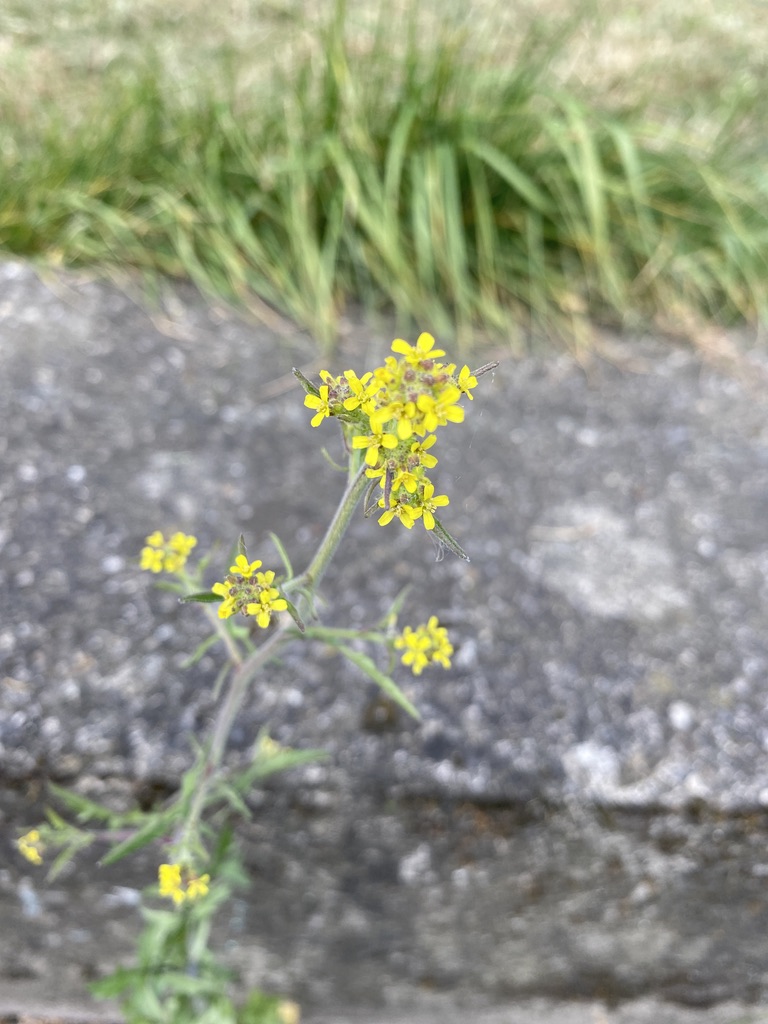
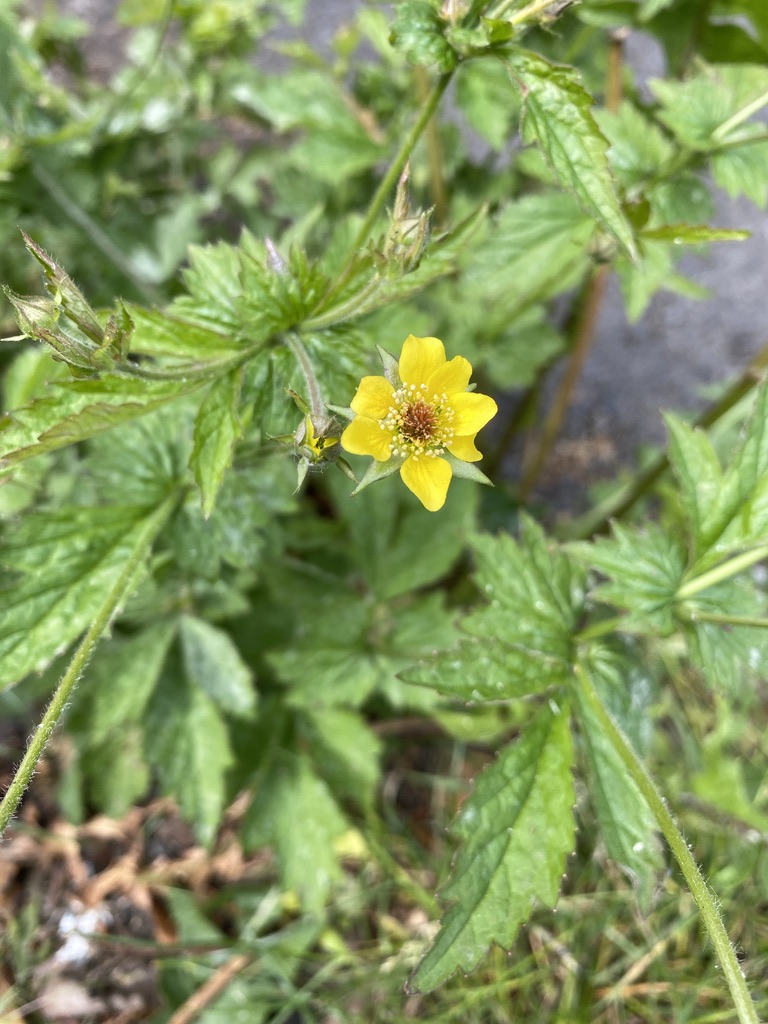
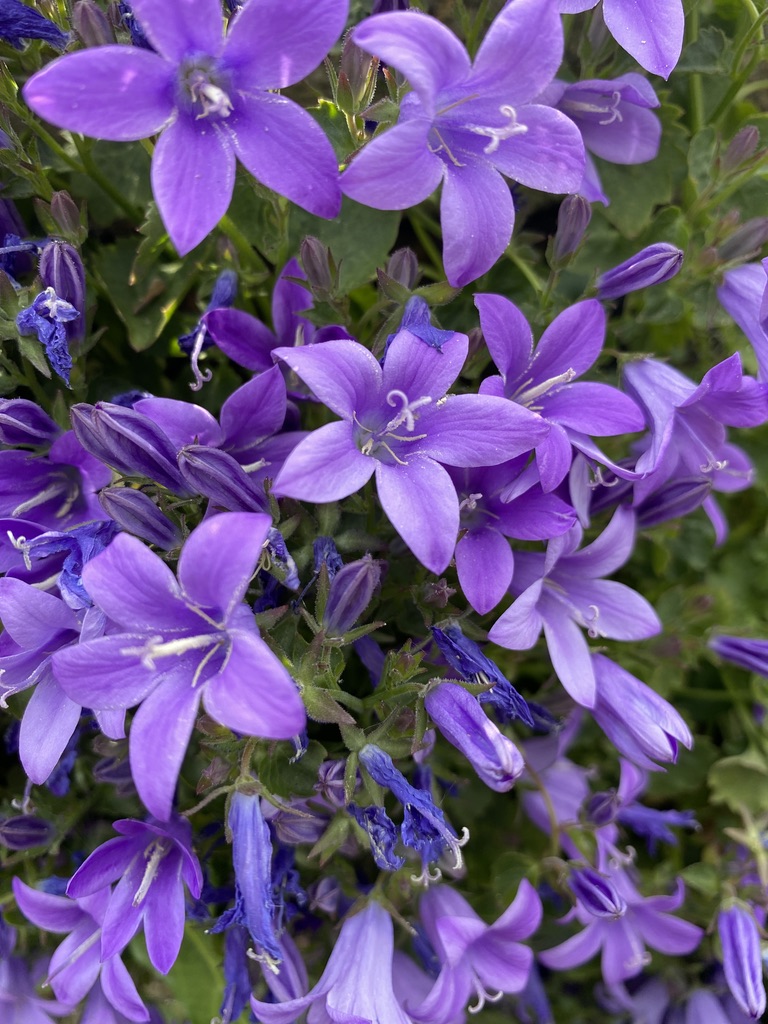
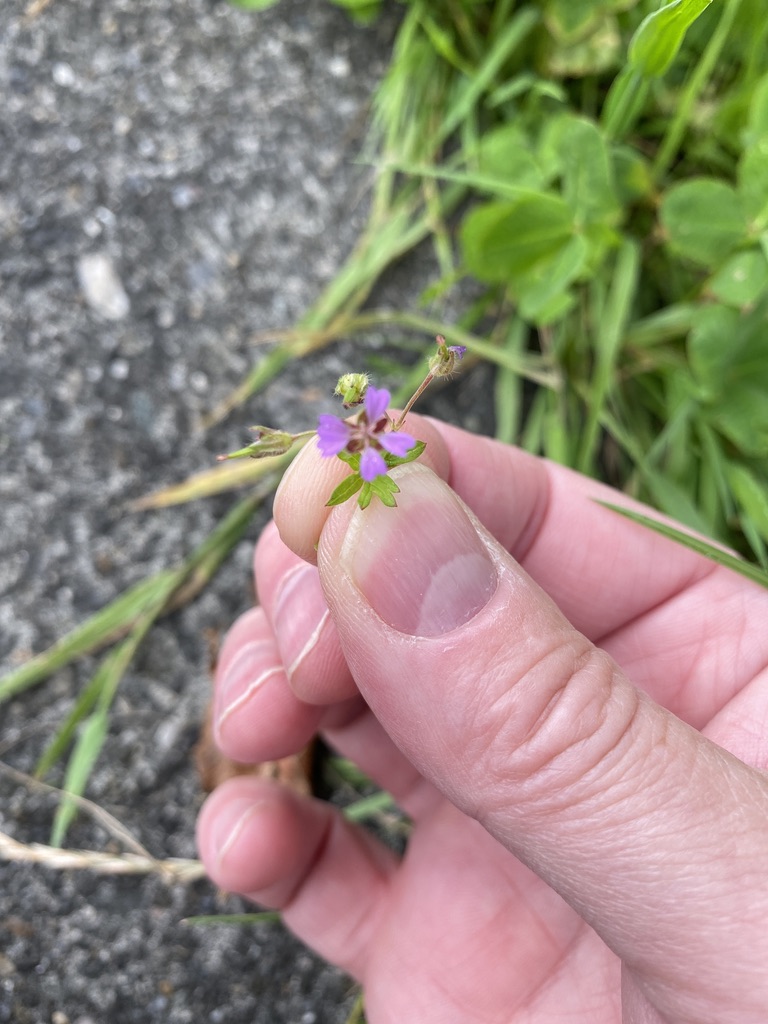
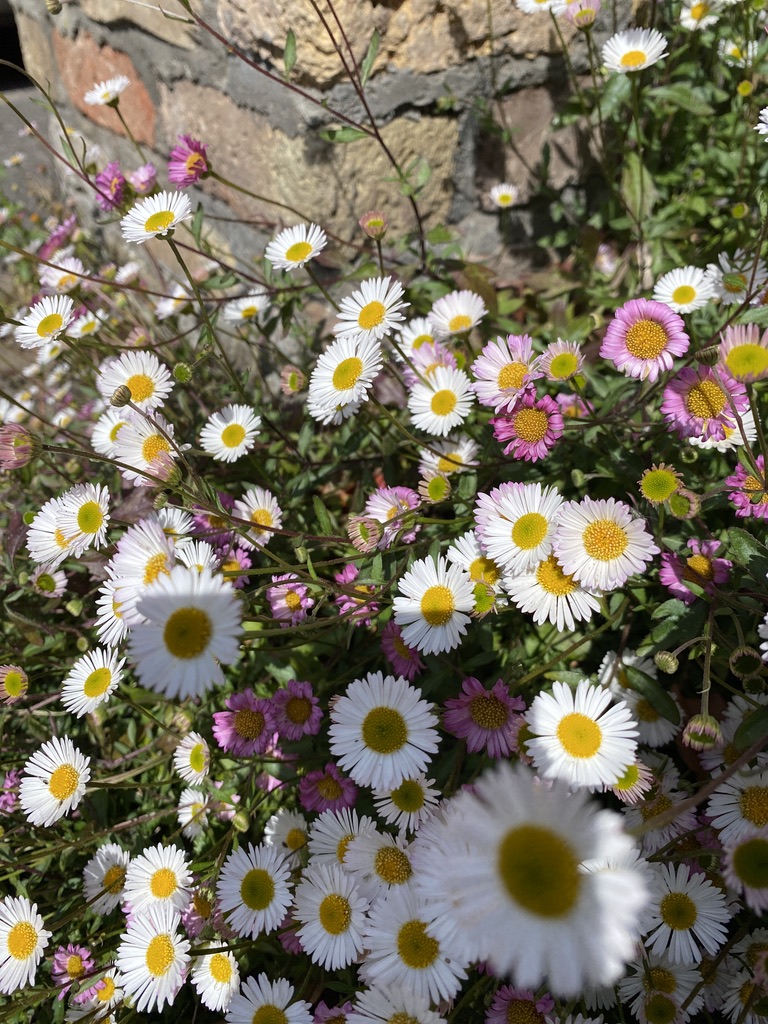
Novel ecosystems are simply ecosystems, nothing strange about that, but they exhibit interesting characteristics that, in urban areas, are not normally found in ecosystems outside cities. They are hugely variable so referring to them as an ‘ecosystem’ is a little odd because they can be radically different in size, shape, and age, in species variety, rarity, and composition, in ecosystem services and functions, and in our perceptions of them.
An urban novel ecosystem can be a large area of unused land or a small unmanaged corner of a park; they can be a collection of exotic ‘weeds’ growing unnoticed along the top of a wall, or a contested, overgrown derelict site caught in planning limbo; they can be a sudden flush of wildflowers at the side of the road or a steep slope that is too difficult to regularly manage (see photos). In other words, novel ecosystems can be almost anywhere, almost any size, and almost any shape. It is only when we notice them that we start to give them value.
But, what are these values? This is what NovelEco is looking to find, and it is why we need citizens to be our eyes ‘on the ground’, so to speak. When it comes to an understanding urban novel ecosystems, the first step is on our doorstep!
Why did so many people begin to notice nature during COVID restrictions on travel from home? Why did some people pause and look at wildflowers growing out of walls and cracks? Are these wild spaces in cities important, and why?
So many questions, and we want to hear them all! So, to kick off the project, the NovelEco team will consult widely with urban communities in an effort to find out what research questions you want to ask. Once we gather your research questions, we will design a data-gathering app and invite citizen scientists to volunteer to record wild plants in their neighborhoods. We will encourage citizen scientists to share ideas and discuss their chosen novel ecosystems. The more people we have, the better! In this way, we will be able to understand the values of urban wild spaces and what effects they may have on us and our lives. Hopefully, this will bring about more rewilding and better treatment of wild spaces to support biodiversity and enrich our lives at the same time.
The data we collect on the plants and ecology in urban novel ecosystems will be publicly available for other researchers and for future citizens. I hope that this project will start the conversation in communities in all cities on the subject of rewilding our cities and drawing humans and wild nature closer together for the benefit of both.
